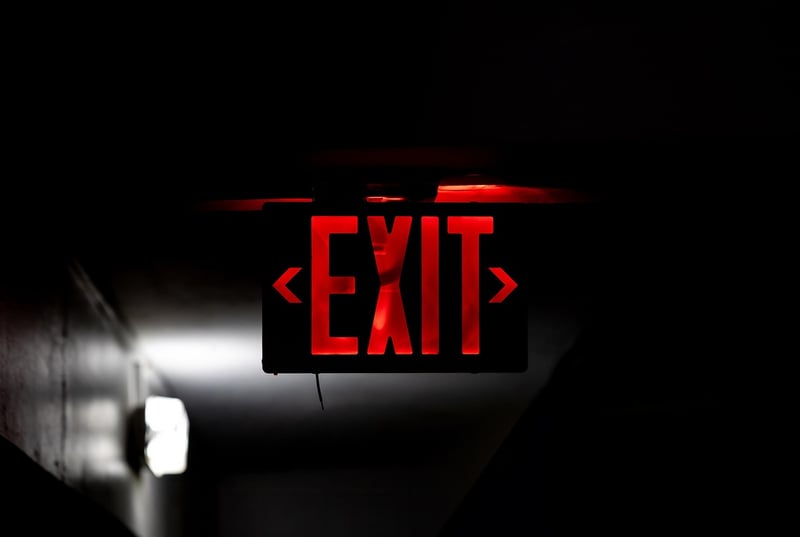Emergency Plans
Useful Advice and Emergency Plans
Introduction
It's important to be prepared for emergencies and have a plan in place. Whether it's a natural disaster, a medical emergency, or any unforeseen situation, having a solid emergency plan can make all the difference. In this article, we will provide useful advice on how to prepare for emergencies and create effective emergency plans.
Useful Advice for Emergency Preparedness
- Make a communication plan with your family and loved ones. Have a designated meeting spot and emergency contacts.
- Prepare an emergency kit with essential items like water, non-perishable food, first aid supplies, flashlight, and batteries.
- Stay informed about potential emergencies in your area by signing up for alerts and notifications.
- Know evacuation routes and have a plan in place for different scenarios.
- Practice drills with your family to ensure everyone knows what to do in an emergency.
Creating Effective Emergency Plans
Emergency plans are crucial for staying safe and organized during a crisis. Here are some key elements to consider when creating an emergency plan:
- Identify Potential Risks: Assess the potential risks in your area such as floods, earthquakes, or fires.
- Establish Communication Channels: Ensure everyone knows how to communicate during an emergency and has a designated contact person.
- Designate Roles and Responsibilities: Assign specific roles to each family member or team member to ensure a coordinated response.
- Create a Shelter Plan: Identify safe locations where you can seek shelter during an emergency.
- Practice and Review: Regularly review and practice your emergency plan to ensure everyone is prepared.
Conclusion
Being prepared for emergencies is essential for the safety and well-being of you and your loved ones. By following the useful advice provided and creating effective emergency plans, you can better navigate unexpected situations and minimize risks. Remember, it's better to be over-prepared than caught off guard in an emergency.

Stay safe, stay prepared!
